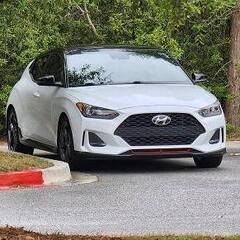Intel Core i9-10980XE Cascade Lake-X CPU Can Hit Lofty 5.1GHz Overclock Across All 18 Cores
-
Topics
-
5
-
EzioWar ·
Posted in Operating Systems1 -
4
-
0
-
Lonewolf6869 ·
Posted in Power Supplies3 -
EzioWar ·
Posted in CPUs, Motherboards, and Memory1 -
2
-
WallacEngineering ·
Posted in PC Gaming0 -
Astrophel ·
Posted in Storage Devices1 -
3
-

















Create an account or sign in to comment
You need to be a member in order to leave a comment
Create an account
Sign up for a new account in our community. It's easy!
Register a new accountSign in
Already have an account? Sign in here.
Sign In Now